THE GREATEST LIVING CHICAGO BLUES Harmonica legend will be collaborating with Delmark Records on fascinating previously unreleased historic recordings!
BREAKING NEWS!
Delmark Records is very proud to announce that blues master Billy Boy Arnold has joined the Delmark family. Delmark Records will release an album by this stalwart of Chicago Blues which features a selection of his previously unreleased historical recordings made from 1949 to the 1960’s.
“Coal And Ice Man” (1949), comes from an informal recording of a John Lee Williamson “Sonny Boy #1” song by Billy Boy on vocals and harmonica and Willie McGhee on guitar. The 1949 recording comes from an acetate made by Billy Boy himself in a recording booth.
The band recordings were made in the early-mid 1960s at the Chicago home of saxophonist Lorenzo Smith (who didn’t play on them). The musicians are: Billy Boy Arnold, Mighty Joe Young (guitar), Jerome Arnold (Billy Boy’s brother) (bass), and Bill Warren (drums). All vocal songs are covers but there are two original instrumentals. The duo recordings were also made in the ’60s, at Billy Boy’s Chicago apartment; the guitarist is Ulysses Williams. All of the recordings were originally transferred from acetate to magnetic tape by Dick Shurman. Those tapes were then digitized, cleaned, and mastered by Julia A. Miller at Delmark’s Riverside Studio.
The release date for this album, produced by Dick Shurman, will be announced very soon.
William “Billy Boy” Arnold was born on September 16th, 1935, in Chicago, Illinois. He is a blues harmonica and guitar player, singer and songwriter. He has worked with blues legends such as Bo Diddley, Johnny Shines, Otis Rush, Earl Hooker, Jody Williams, Mighty Joe Young and many others. He is a disciple of John Lee (Sonny Boy) Williamson and Big Bill Broonzy; he knew both, took lessons from Sonny Boy and has recorded tribute albums to both. Billy Boy Arnold is in the Blues Hall Of Fame.
Delmark Records is thrilled to welcome Billy Boy Arnold to its catalogue and family. The recent and highly praised book “The Blues Dream of Billy Boy Arnold”, written with Kim Field, was published in 2021 by University of Chicago Press.
“Billy Boy is a treasure who deserves to be celebrated- Billy Boy was generous and trusting enough to share this material with me back in 1969. I’m delighted that it’s being given some care and becoming part of his already formidable legacy. Thanks to Billy and Delmark Records!” – producer/historian/journalist Dick Shurman
THANK YOU DICK SHURMAN!!!!!!!!!!!!
“HUGE THANKS to Billy Boy’s good and respected friend Dick Shurman for cherishing and protecting this music Billy Boy trustingly handed him back in 1969. Shurman’s heartfelt lifelong dedication to both the preservation and continuation of blues music will truly be a continuous gift to the world long after we’re all gone. We’re so fortunate to have him and the many contributions he continues to make honoring the music and the musicians who create it. Looking forward to hearing this historical release he thoughtfully preserved for 54 years now finding its wings with Delmark”- Leslie Hagins and we couldn’t agree more!


https://www.kimfield.com/the-blues-dream-of-billy-boy-arnold
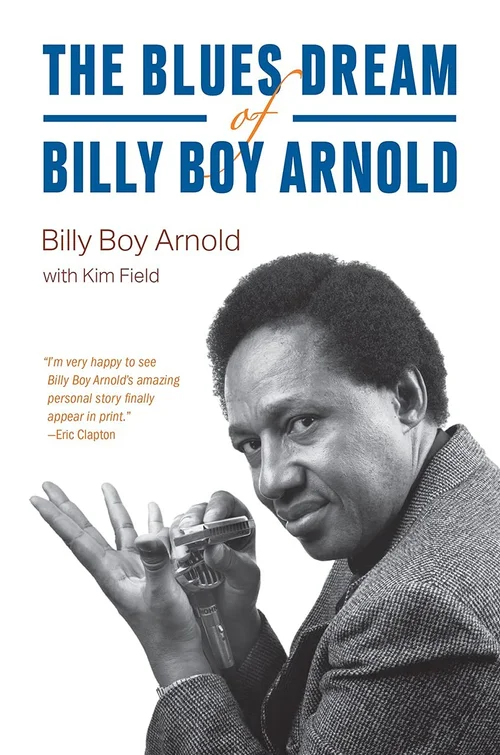
“Billy Boy Arnold’s great Vee Jay sides were a big influence on me when I was first starting out. The first two singles I ever played on were covers of Billy Boy Arnold tunes that I recorded with the Yardbirds. I’m very happy to see Billy Boy Arnold’s amazing personal story finally told in print.”—Eric Clapton
REVIEWS
“No one has lived the Chicago blues like Billy Boy Arnold, and no one has more stories. This book is a journey through eighty years of history with an incredible supporting cast and a particularly charming and observant guide, who saw it all and is still making wonderful music.”—Elijah Wald, Grammy Award winner, musician and author
“The Blues Dream of Billy Boy Arnold is in every respect not just excellent but exemplary: a blues autobiography to be reckoned with. Arnold—by dint of his unusually long career, his exceptionally detailed memory, and his many friendships with key figures on the scene—is the only one who can tell us this particular story. His shrewd, candid appraisals of his peers, leavened with quirky detail, add significantly to our understanding of postwar Chicago blues.”—Adam Gussow, musician and author
“Harmonica legend Billy Boy Arnold (b. 1935), one of the last surviving musicians of the 1950s Chicago blues explosion era, has penned a lively, illuminating memoir, cowritten by Kim Field (Harmonicas, Harps, and Heavy Breathers: The Evolution of the People’s Instrument). Arnold begins his story as a preteen who met his idol, the blues harmonica great John “Sonny Boy” Williamson, and became entranced with prewar Chicago blues. Arnold recounts the emergence of 1950s electric blues and offers intimate recollections of guitarists Muddy Waters, Howlin’ Wolf, and Otis Rush and harmonica players Rice Miller, Junior Wells, and Little Walter. He discusses his classic “I Wish You Would” (1955) and his influential role in helping Bo Diddley launch rock and roll. Arnold evenhandedly details the cutthroat blues business and vividly describes the South Side and West Side Chicago blues scene, including its inherent racism. He explains that in the mid-1960s the blues hub moved to more lucrative clubs in North Chicago, and blues audiences (once primarily Black) became whiter. The memoir also covers recent recordings and international tours. VERDICT Arnold’s heartfelt, honest, insider’s view of Chicago blues from the 1940s onward will be essential to anyone interested in blues and the origins of rock and roll.”—The Library Journal
* * *
Billy Boy Arnold is the only musician alive today who has lived the entire history of the Chicago blues scene. The blues, the most majestic music about the human condition ever created, deserves an eloquent spokesperson from within the ranks of its creators. The Blues Dream of Billy Boy Arnold is that inside story, told in Billy Boy’s own words.
At age 85, Billy Boy Arnold is in his eighth decade as a bluesman and is still active as a performer. In 1947, as a twelve-year-old blues harmonica player, he sought out the first Chicago-based blues harmonica genius, John Lee “Sonny Boy” Williamson, and took lessons from him. Arnold made his first record as a teenager, played harmonica on Bo Diddley’s legendary first recording session for the legendary Chess label, and scored several blues hits of his own in the 1950s. His original songs have been covered by Eric Clapton, David Bowie, Tom Jones, The Blues Brothers, Aerosmith, and Canned Heat, among others.
The publication of The Blues Dream of Billy Boy Arnold is a notable event not only because of Billy Boy’s longevity, but because of the remarkable scope of his personal and professional experiences. Billy Boy was a key participant in no fewer than five major events in the history of American popular music: the creation of the Chicago blues style, the birth of rock and roll, the arrival of white musicians on the Chicago blues scene, the appropriation of the Chicago blues sound by the “British invasion” bands, and the crossover of the blues to a white audience.
In The Blues Dream of Billy Boy Arnold, Billy Boy offers up-close-and-personal reminiscences of literally every luminary in the history of of Chicago blues, including John Lee “Sonny Boy” Williamson, Big Bill Broonzy, Tampa Red, Memphis Minnie, Blind John Davis, Muddy Waters, Little Walter, Howlin’ Wolf, Elmore James, Junior Wells, Rice Miller, Otis Spann, Jimmy Rogers, Earl Hooker, Johnny Shines, and James Cotton.
The Blues Dream of Billy Boy Arnold is richly illustrated with 58 photographs, many from Billy Boy’s personal collection. The book also includes maps of the South and West Sides of Chicago as they were in the heyday of the blues scene in the 1950s and ‘60s showing the locations of the events and places recounted by Billy Boy.
“What I’ve said in this book is authentic and exactly the way it went down,” says Billy Boy. “If I say I did somethin’, I did it. If I didn’t do it, it’s not in here. I didn’t put nothin’ in this story to make me look better or anyone else look worse. That ain’t what I’m about. I like the real deal. I remember everything ’cause this is very important stuff to me.”
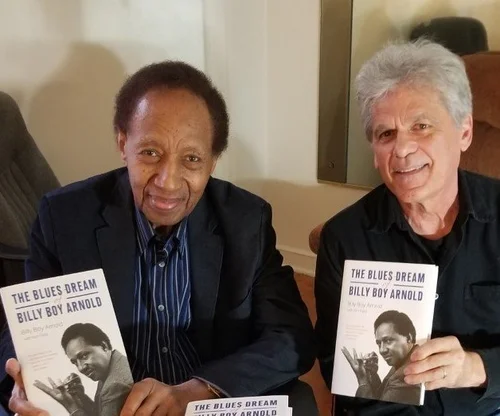
Billy Boy Arnold Biography
by Bill Dahl
Talk about a comeback. After too many years away from the studio, Chicago harpist Billy Boy Arnold returned to action in a big way with two fine albums for Alligator: 1993’s Back Where I Belong and 1995’s Eldorado Cadillac. Retaining his youthful demeanor despite more than four decades of blues experience, Arnold’s wailing harp and sturdy vocals remained in top-flight shape following the lengthy recording layoff.
Born in Chicago rather than in Mississippi (as many of his musical forefathers were), young Arnold gravitated right to the source in 1948. He summoned up the courage to knock on the front door of his idol, harmonica great John Lee “Sonny Boy” Williamson, who resided nearby. Sonny Boy kindly gave the lad a couple of harp lessons, but their relationship was quickly severed when Williamson was tragically murdered. Still in his teens, Arnold cut his debut 78 for the extremely obscure Cool logo in 1952. “Hello Stranger” went nowhere but gave him his nickname when its label unexpectedly read “Billy Boy Arnold.”
Arnold made an auspicious connection when he joined forces with Bo Diddley and played on the shave-and-a-haircut beat specialist’s two-sided 1955 debut smash “Bo Diddley”/”I’m a Man” for Checker. That led, in a roundabout way, to Billy Boy’s signing with rival Vee-Jay Records (the harpist mistakenly believed Leonard Chess didn’t like him). Arnold’s “I Wish You Would,” utilizing that familiar Bo Diddley beat, sold well and inspired a later famous cover by the Yardbirds. That renowned British blues-rock group also took a liking to another Arnold classic on Vee-Jay, “I Ain’t Got You.” Other Vee-Jay standouts by Arnold included “Prisoner’s Plea” and “Rockinitis,” but by 1958, his tenure at the label was over.
Other than an excellent Samuel Charters-produced 1963 album for Prestige, More Blues on the South Side, Arnold’s profile diminished over the years in his hometown (though European audiences enjoyed him regularly) and he first ended up driving a bus in his hometown of Chicago, then working as a parole officer for the state of Illinois. Fortunately, that changed: Back Where I Belong restored this Chicago harp master to prominence, and Eldorado Cadillac drove him into the winner’s circle a second time. After a six year lull between recordings, 2001’s Boogie ‘n’ Shuffle on Stony Plain found Arnold still in fine form, backed by Duke Robillard and his band on a set of rough and ready blues.




















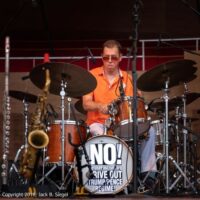


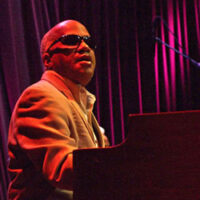











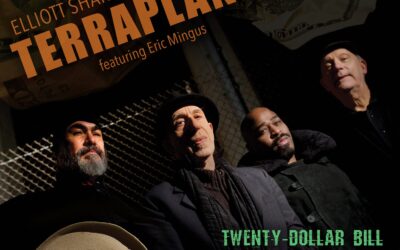




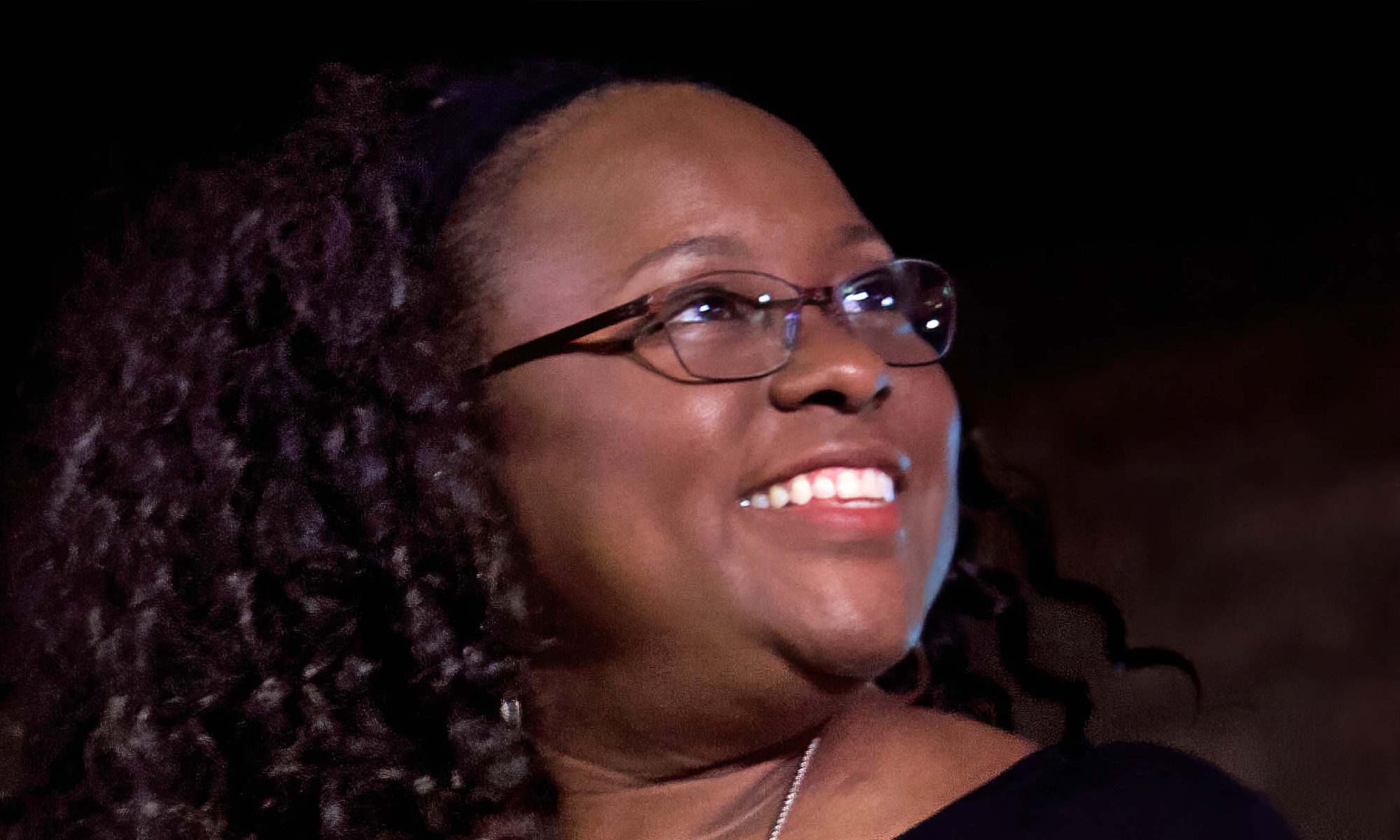
When is the new Billy Boy Arnold CD coming out??
Anytime soon?? Hopefully??
I met Billy at a rehearsal for his gig in L.A. in 1987.He took a few minutes of his time to speak
with me and was very nice and friendly,and I will always remember that time.I told Billy how
I had a mint copy of “I Wish You Would” on a 78; how clean and shiny it was,like it was just
pressed up at the record factory recently.I had the record for twenty years by the the time I mentioned it to Billy.Me and my friend (the late) Richard Hite had ditched school when Richard
told me that he knew a guy who had thousands of 78’s and was selling them out of his garage.
We cut class immediately and went directly to this fellows house,and the guy sold me that mint
VeeJay for less than a dollar.So,I have been a fan of Billy’s songs and harmonica playing since
I was an aspiring musician in the 1960’s.I will most definitely buy Billy’s Delmark CD just as soon as I find out that it has been released!
Thank you so much for your kind words and sharing your story!
I am glad to share these memories just as long as I am able to keep remembering them! T.M.